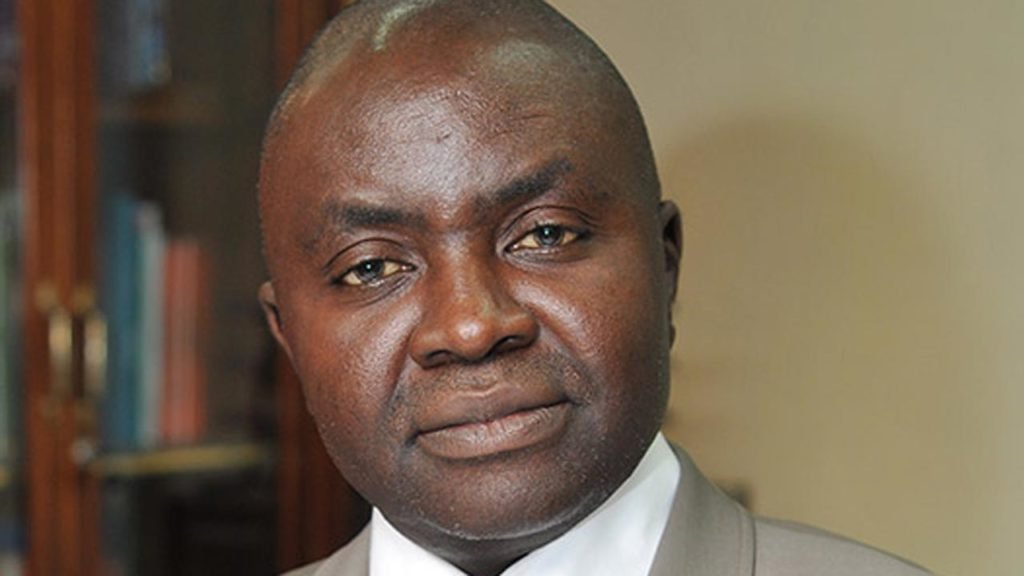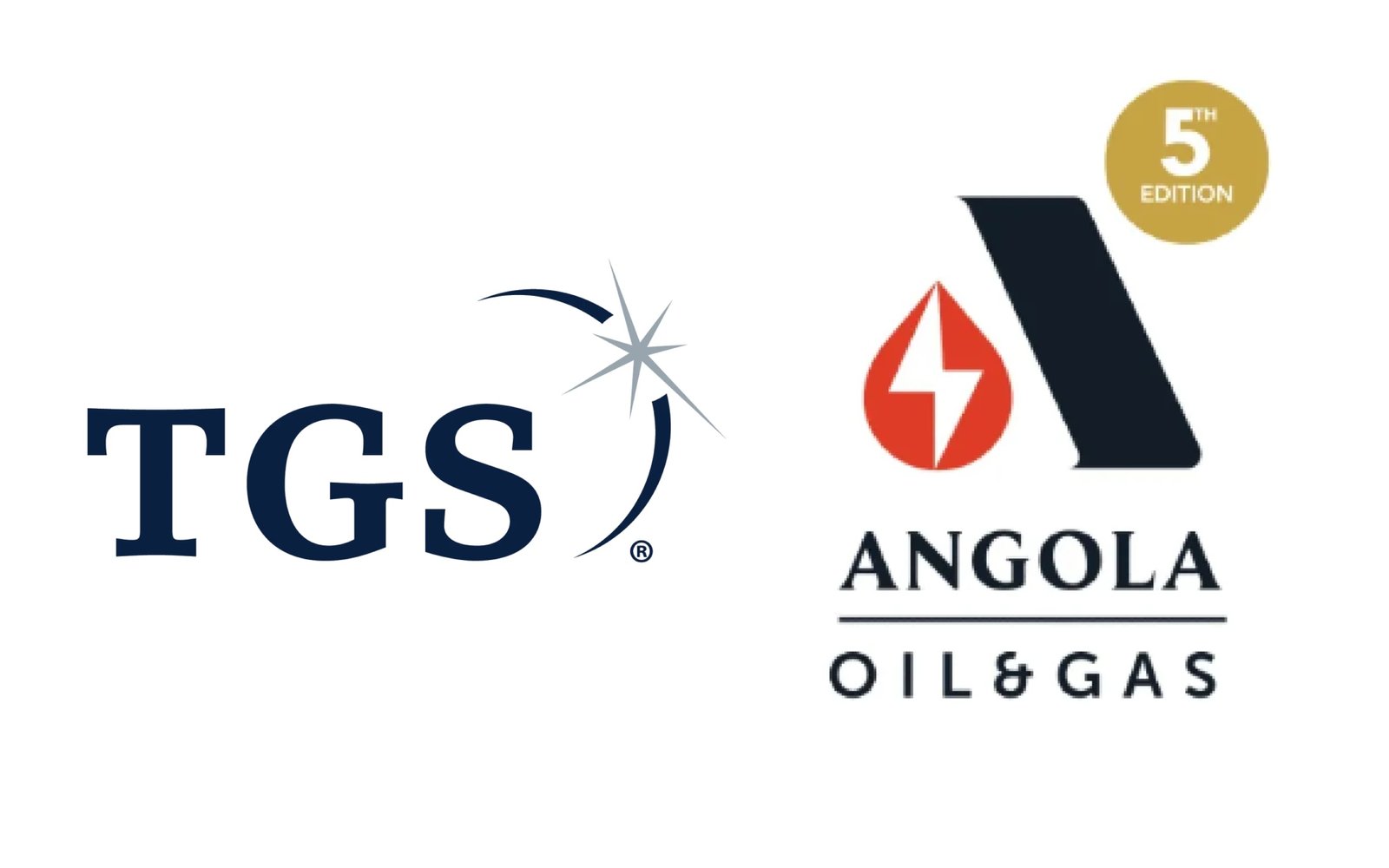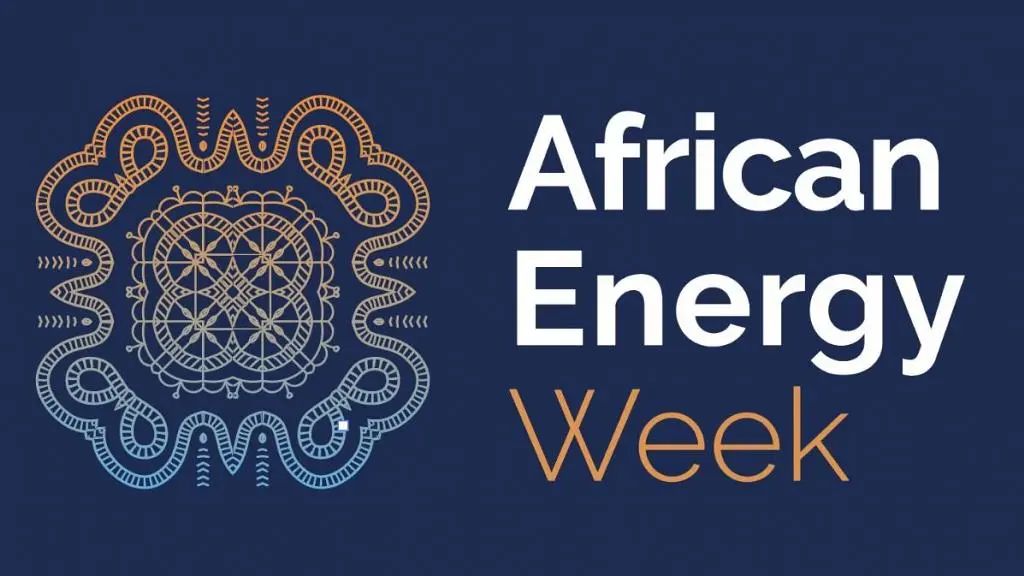The Centre for the Promotion of Private Enterprise [CPPE] is concerned that the failure to extend the deadline for the currency swap could put N100 trillion component of the national GDP at risk. Two critical sectors are particularly vulnerable – Trade and Commerce; and Agriculture. The crippling of business transactions at the distributive trade end amid the currency swap crisis would not only undermine the trade and agricultural sectors but would have a knock-on effect on manufacturing value chain and the services sectors. This is because whatever is produced have to sold. The trading end of the chain has been greatly disrupted by this currency swap crisis.
The trade sector contributes about 14% of GDP valued at an estimated N35 trillion; agriculturalsector contributes 25%, valued at an estimated N62 trillion. Most of the activities in these sectors are either in the rural areas or in the informal sector of the economy. These are the sectors that have been driving the resilience of the Nigerian economy amid numerous domestic and global headwinds. Any policy measure that would negatively disrupt these sectors should be avoided.
For an economy that is tottering on the brink, the capacity to absorb shocks and disruptions is severely constrained. With 133 million Nigerians in poverty, inflicting additional hardship on the citizens would be unfair, insensitive and inconsiderate. The reality is thatpresently in many parts of the country, more than half of the currency in the hands of citizensare still old notes. And it is on record that the banks were still giving out old notes even few days to the CBN deadline. The citizens should not be made to pay for the incompetence, inefficiency and ineptitude of state institutions.
Given the size of the Nigerian economy, our large population of over 200 million people, the dominance of the rural economy, the huge informal sector, the literacy level, and the over 30 million Nigerians that are unbanked, a minimum of six months window ought to have been given for the currency swap exercise.
The CPPE calls for the urgent intervention of President Muhammadu Buhari to save millions of Nigerians from the anguish and pain of the current stampede of currency swap inflicted by an unrealistic timeline and glaring capacity gaps in the management of the process.
The vote buying argument is not compelling enough to justify the scale of pain, agony, trauma and economic disruptions foisted on Nigerians by this currency swap pandemonium. There should be better ways of curbing vote buying than inflicting pain on innocent citizens. The SFIU, EFCC the POLICE and ICPC have bigger responsibilities in this respect.
And the argument that currency swap would enhance monetary policy effectiveness and curb inflation has no strong basis in economic theory. Money supply is a more critical variable in theinflation equation. Total money supply in the Nigerian economy as at December 2022 was N52 trillion; total currency was N2.6 trillion. Thus, cash as percentage of money supply wasonly 5%. The implication is that 95% of money is still within the banking system.
It is therefore a gross misrepresentation to give the impression that 85% of money is outside the banking system. Currency is only 5% of money in the economy and should therefore not warrant the scale of energy and resources being dissipated around it. The focus of monetary authorities should be on regulating money supply, not on mopping up currency notes.
Currency notes are meant to be largely outside the banks, not in the banks. Cash is a medium of exchange to be used by citizens, not to be stored in the banks. There is nothing unusual if 85% of cash is outside the banking system; just ascheque books or ATM cards are supposed be largely in the hands of bank customers.
Another key metric to determine the cash dominance in an economy is Currency in Circulation to GDP ratio. Nigeria’s currency to GDP ratio is less than 1.5%. The ratio is 7.4% in the United States; 12.5% in India; 18% in Japan; 3.4% in South Africa; 4% in the UK; and 10% in the Eurozone. The implication of this comparative analysis is that Nigeria is already well ahead of even many advanced economies as far as cashless environment is concerned. To the credit of our financial system, it is also an indication that our payment system is one of the best globally. The CPPE is therefore worried that the CBN is committing huge resources to fixing what is not broken. The cost to the economy is also enormous.
Of course, our cashless performance can be better, but it should not be presented as the most urgent matter confronting the Nigerian economy. There are more critical macroeconomic issues demanding the attention of the country’s economic managers and policy makers.
The CPPE reiterates its calls for an extension by a minimum of six months to allow for seamless currency swap exercise.








